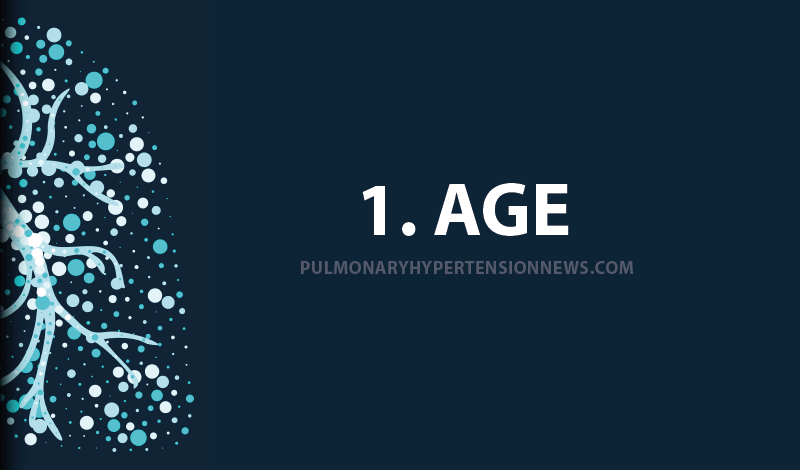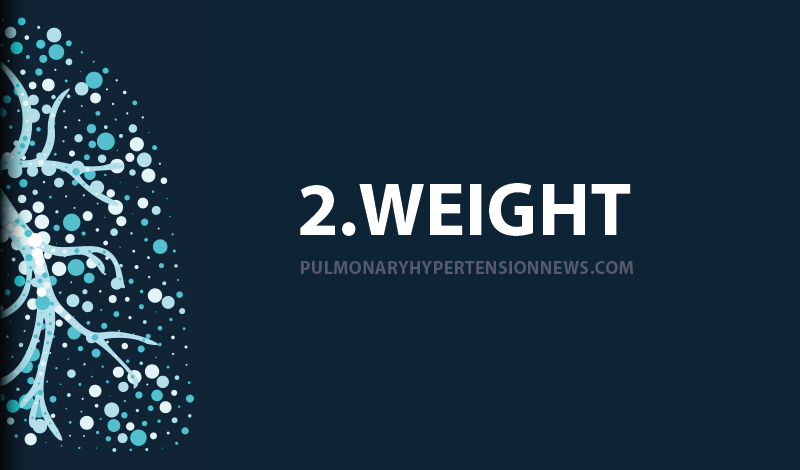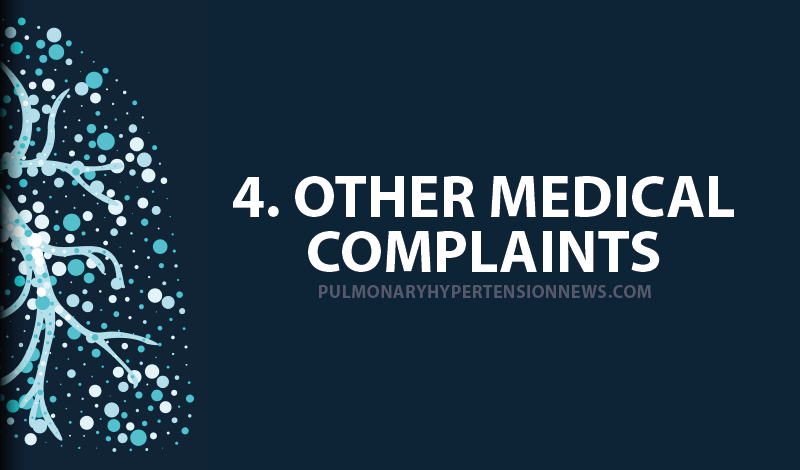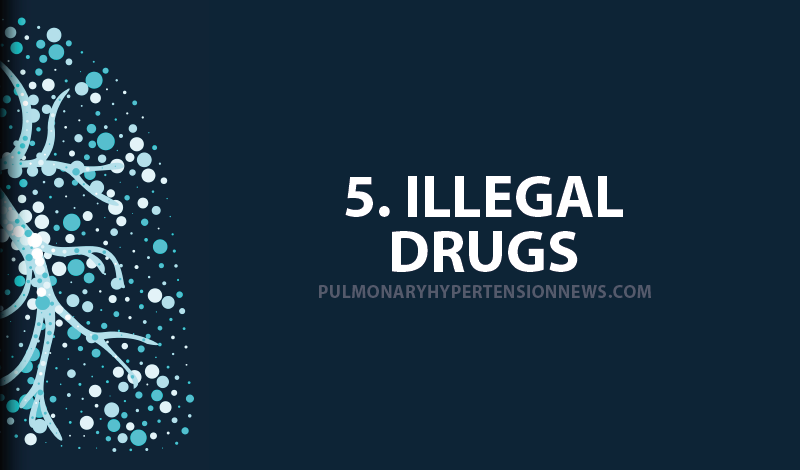7 Pulmonary Hypertension Risk Factors
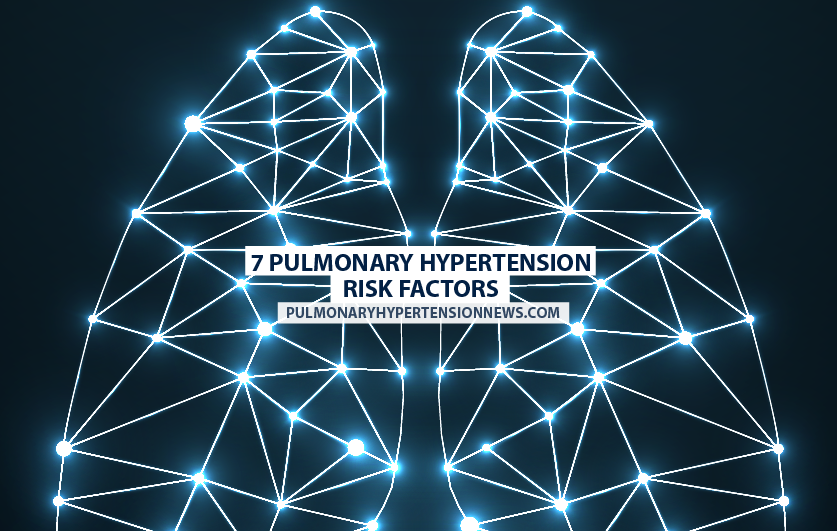
Pulmonary hypertension (PH) is a chronic lung disease that occurs when your pulmonary arteries become narrowed or blocked, causing increased blood pressure in the lungs and forcing the heart to work harder. Here are some risks factors for developing PH according to the Mayo Clinic.
The average age at diagnosis is 36, according to the American Thorasic Society, but it usually develops between the ages of 20 and 60, and can occur at any age.
Read ten signs of pulmonary hypertension here.
Being overweight or obese will increase your risk of getting PH because extra weight increases the blood pressure in the lungs.
Diabetes and obesity treatment shows promise in preventing PAH in early study
PH can be inherited, but it may skip generations. If you have family members who have idiopathic pulmonary hypertension, you are more at risk of developing the disease.
Read more about pulmonary hypertension and genetics here.
Heart diseases, connective tissue diseases such as lupus and scleroderma, liver diseases, blood clotting diseases, and HIV can all increase your risk of PH.
Likelihood of PAH in scleroderma patients evident in specific autoantibodies. Read more here.
Cocaine use has been linked with developing PH, as has certain diet pills. About 20% of deaths caused by cocaine showed lung damage due to pulmonary hypertension. Source: drugaddictiontreatment.com
Discover nine tips for a better life with pulmonary hypertension here.
Females develop PH two times more than males.
Women with PAH found to be largely sedentary, amplifying feelings of fatigue. Read more here.
It’s been proven that living at high altitude increases your risk of pulmonary hypertension because the environment contains less oxygen.
How high altitude pulmonary hypertension in cattle might provide clues for human PH. Read more here.
Pulmonary Hypertension News is strictly a news and information website about the disease. It does not provide medical advice, diagnosis or treatment. This content is not intended to be a substitute for professional medical advice, diagnosis, or treatment. Always seek the advice of your physician or another qualified health provider with any questions you may have regarding a medical condition. Never disregard professional medical advice or delay in seeking it because of something you have read on this website.




